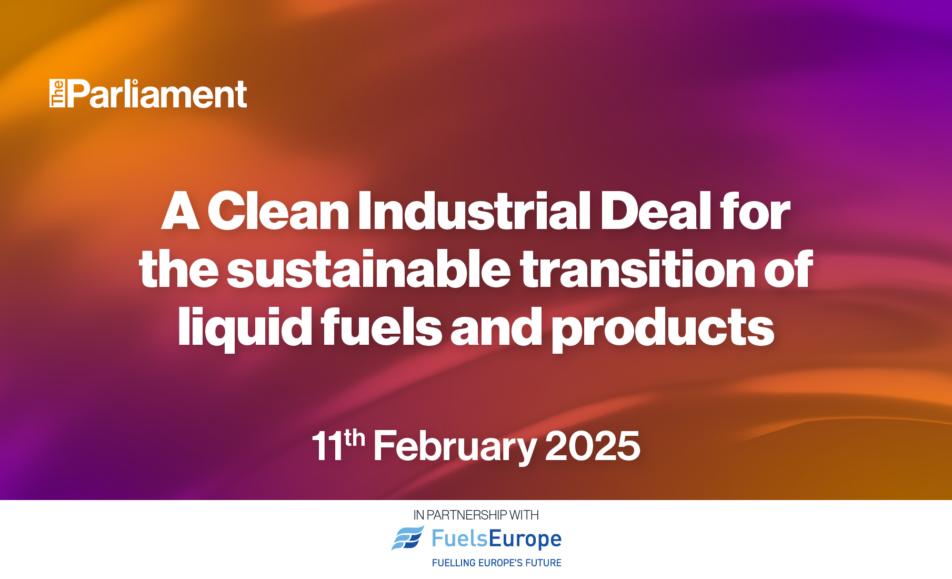
Europe needs to step up and secure its defence independence in some of the most turmoiled years of the 21st century. As global challenges intensify, EU programmes and regulations across sectors are essential for achieving strategic autonomy.
Member States must actively shape EU defence policy to boost investment, drive innovation, and build robust capabilities while reducing reliance on third countries. Securing raw materials, fortifying supply chains, and advancing emerging technologies are equally critical.
This demands not just policy shifts but a cultural transformation—reframing defence as a driver for cooperation and innovation with NATO, EIB and other international institutions for peace. With this mindset, Europe can address geopolitical threats while fostering unity and stability.
#PMdefence






